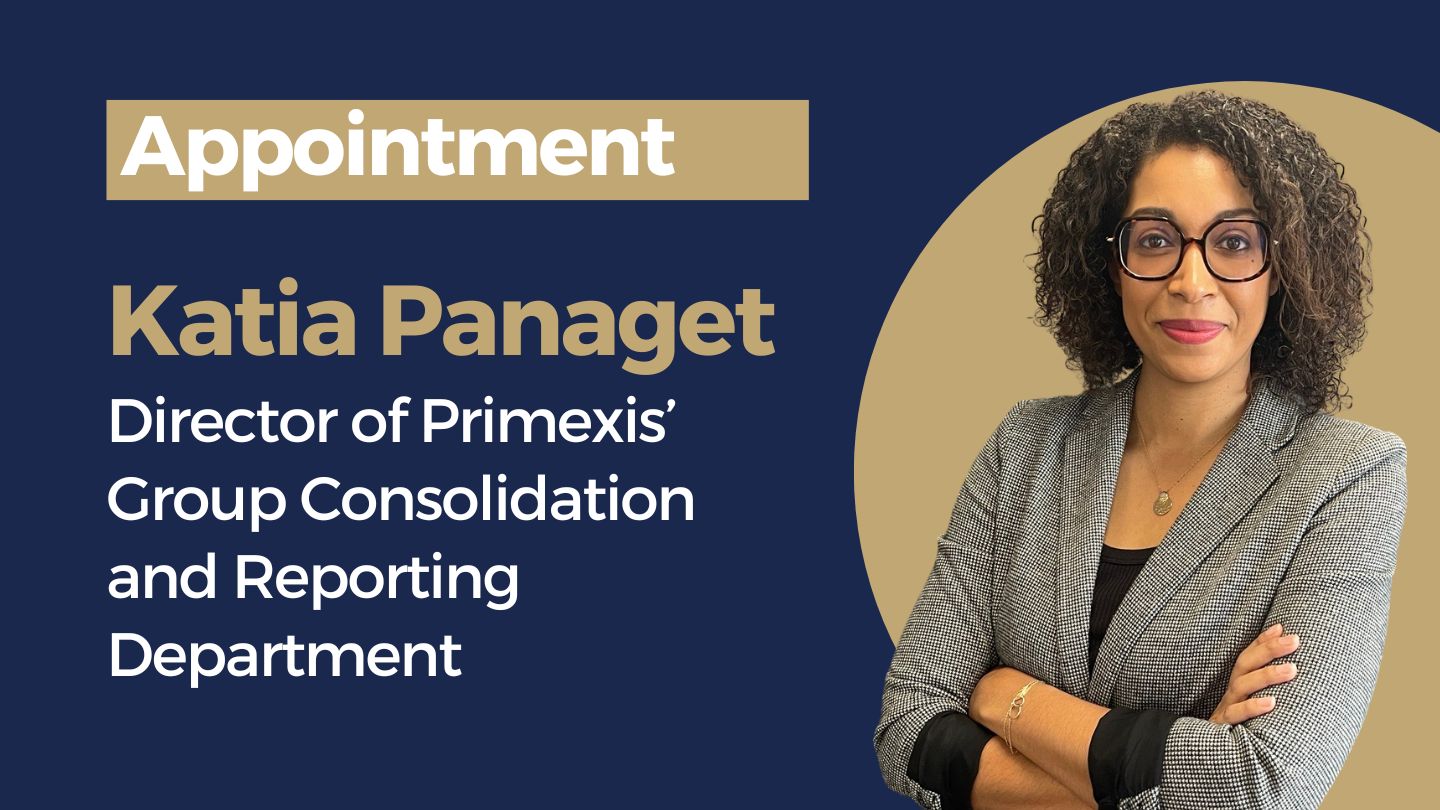EU bolsters Anti-Tax evasion efforts

Less than 4 months after its presentation the EU Executive, European Directive n ° 1164/2016 of 12 July 2016, referred to as the ‘ATAD Directive’, was adopted last summer 2016. It is based on standards developed by the (1)OECD project BEPS which fights against the erosion of the tax base and the transfer of profits.
The Anti-Tax Avoidance Directive (ATAD) sets out rules to combat tax evasion practices that have a direct impact on the functioning of the internal market of the European Union. One of the measures focuses on the taxation of foreign controlled companies and the offshoring of their profits.
Who is affected? It applies to companies’ subject to corporation tax in one or more Member State and to permanent establishments located in one or more Member State of EU taxpayer enterprises or entities having Their residence in a third country.
When is it effective? The measures must be transposed into national law by the European States no later than 31 December 2018, with application from 1 January 2019.
The 5 anti-tax evasions measures are:
- Limitation of borrowing cost;
- (2)Exit-tax on unrealised capital gains on transferred assets;
- General anti-abuse clause;
- Rules on foreign controlled companies;
- Measure against hybrid devices.
It should be noted that these measures only constitute a minimum basis and could therefore be accompanied by stricter national provisions.
Regulations for Foreign Controlled Companies: In practice, the objective of these new measures is to re-allocate the income of a foreign subsidiary to its parent company and therefore making it subject to lower taxation.
The Controlled foreign company (CFC) can be defined as:
- A permanent establishment, the profits of which are not taxable, or is exempt from tax in that Member State;
- An entity in which the taxpayer alone or with its associates holds a direct or indirect holding of more than 50% of the voting rights either directly or indirectly owns more than 50% of the capital or has the right to receive more than 50% of the entity’s earnings.
Income from the CFCs to be taxed is deducted in proportion to the taxpayer’s participation and according to his tax period and according to two possible options (see EU legislation):
- Exhaustive list of undistributed income: transfers of shares, dividends, …
- Undistributed income from tax arrangement schemes to obtain a tax benefit.
Finally, double taxation is avoided on the distribution of profits to the taxpayer and on the sale of an interest in the entity or activity carried on by the permanent establishment.
European Commission Program for business taxation:
Source: European Commission
Chapeau communication: It sets out the political, economic and international context;
Anti-tax avoidance Directive: see above;
Recommendation: Advises Member States on solutions to combat tax evasion;
Revised Administrative Cooperation Directive: It introduces an exchange of country-by-country declarations between the tax administrations of the Member States (proposal for revision);
Communication on External Strategy: A firmer and more coherent European approach and a process to create a European list of third countries.
Stefan Petrovski
Supervisor,
qualified Chartered Accountant
International Business Services


